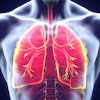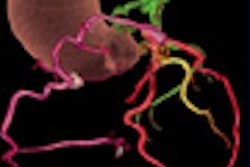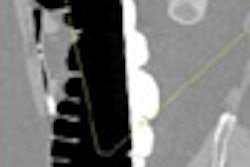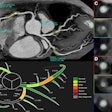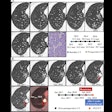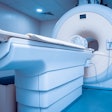Dear CT Insider,
The risks of ionizing radiation are in the news again, sparked by a November 29 review article in the New England Journal of Medicine. The piece was authored by none other than radiation watchdog Dr. David Brenner, who made waves in 2001 with an American Journal of Roentgenology piece on the dangers of pediatric radiation that made its way into USA Today -- and ultimately into the worst fears of parents worldwide.
Based on controversial Hiroshima bomb survivor statistics and a study of 400,000 radiation workers, Brenner's piece offers tips on cutting CT dose, using alternative modalities when possible, and eliminating unnecessary scans.
To this the Reston, VA-based American College of Radiology responded that negative publicity surrounding the article could "cause patients to refuse CT scans when the benefits outweigh the risk." Doctors should stick to the ALARA (as low as reasonably achievable) principle for dose reduction, and continue to make medically sound decisions regarding the use of imaging, the ACR said. At the same time, the ACR questioned the underlying risk assumptions Brenner used in his article.
Studies presented at the recent RSNA meeting in Chicago were similarly keen on radiation dose reduction. Pregnant women, who like the general population are undergoing more and more CT scans, do well with a reduced-dose protocol when there is suspicion of pulmonary embolism, according to one study.
In another story from the RSNA show, researchers from South Korea showed how low-dose CT lung screening exams could do double duty as a coronary artery calcium risk assessment. French researchers are performing low-dose coronary CT angiography in large numbers of patients. And the launch of a 320-slice scanner at the RSNA conference will enable image acquisition of the entire heart in a single gantry rotation.
Today's Insider Exclusive story, looking at work by researchers at the Mayo Clinic in Rochester, MN, studies low-dose perfusion imaging, which can help CT distinguish benign from malignant tumors.
In the thorax, computer-aided detection is matching metastatic lung nodules, while an I-ELCAP study from Toronto once again detected early, curable lung cancers, in a topic destined to remain controversial, at least for the short term.
Stay tuned for more news from the RSNA show in your CT Digital Community.


